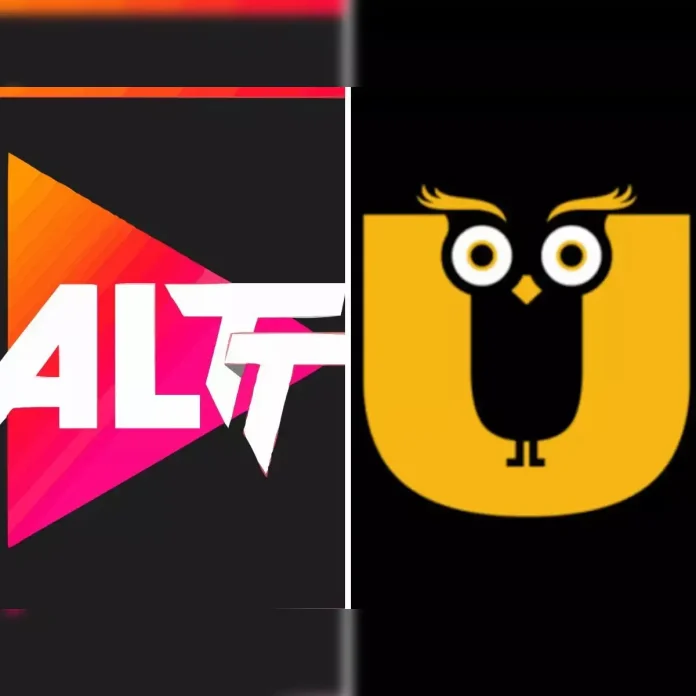
The Indian government has taken action against OTT apps showing pornographic content and provocative advertisements today on July 25. We are telling you the reason for the ban on 25 apps like ULLU, ALTT, Desiflix and Big Shots.
The Government of India has banned 25 OTT platforms, taking a tough stand on the increasing pornographic content and provocative advertisements on online platforms. An investigation conducted by the Ministry of Information and Broadcasting found that these platforms were constantly showing videos and advertisements that violate Indian laws.
During investigation, it was found that many OTT apps like ULLU, ALTT, Desiflix and Big Shots etc. were openly running pornographic content and obscene advertisements. Not only was the content of these apps obscene, but their promos and thumbnails were also objectionable, which could be easily viewed by viewers of any age. Complaints were also being made by parents, social organizations and many citizens regarding such content.
Apps and websites will be blocked
Considering the seriousness of the matter, the Ministry has issued an official notification to ban all these platforms and has ordered Internet Service Providers (ISPs) to block these apps and websites with immediate effect.
The government takes action under these sections
To take action, the government strictly followed the existing laws. You can see information about some of these below,
Section 67 and 67A of the IT Act 2000: This law makes it illegal to post or broadcast obscene or offensive content on the Internet. Under this section, the guilty can be punished with imprisonment or fine or both.
Section 294 of the Indian Justice Code 2023: This law applies to prevent obscene acts, words or actions in public, under which legal action can be taken against those who spread obscenity in public.
Section 4 of the Prevention of Indecent Representation of Women Act, 1986: This law prohibits the portrayal of women in an objectionable or derogatory manner or content that is derogatory to them and prescribes stringent punishment for violations.
Let us tell you, the government has also made it clear that freedom of expression on digital media is necessary, but in its name obscenity, immorality and violation of social norms cannot be accepted. This decision has also indicated that such content will be monitored in future as well and action will be taken if needed.





